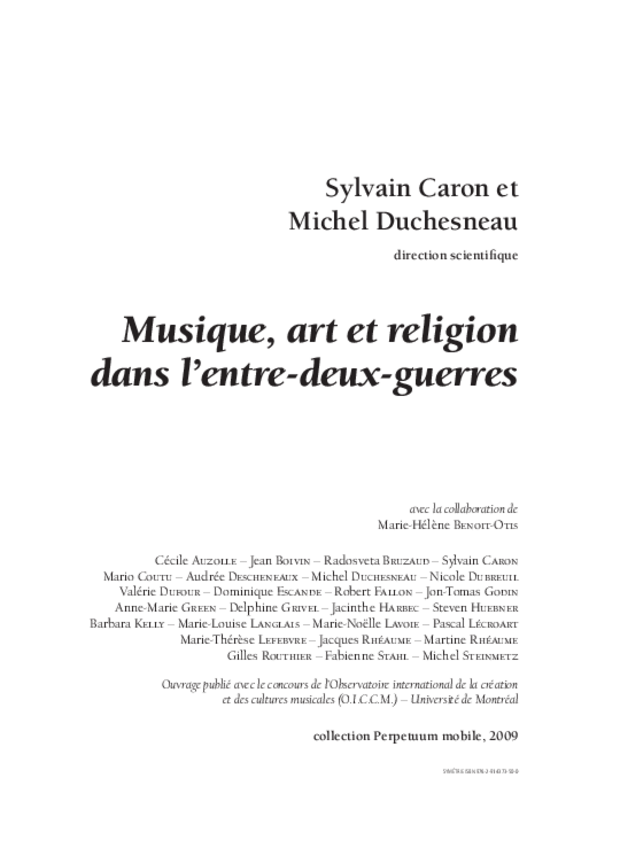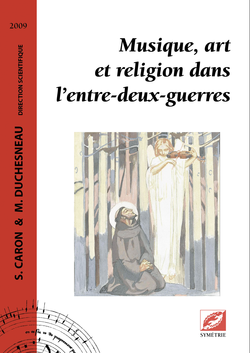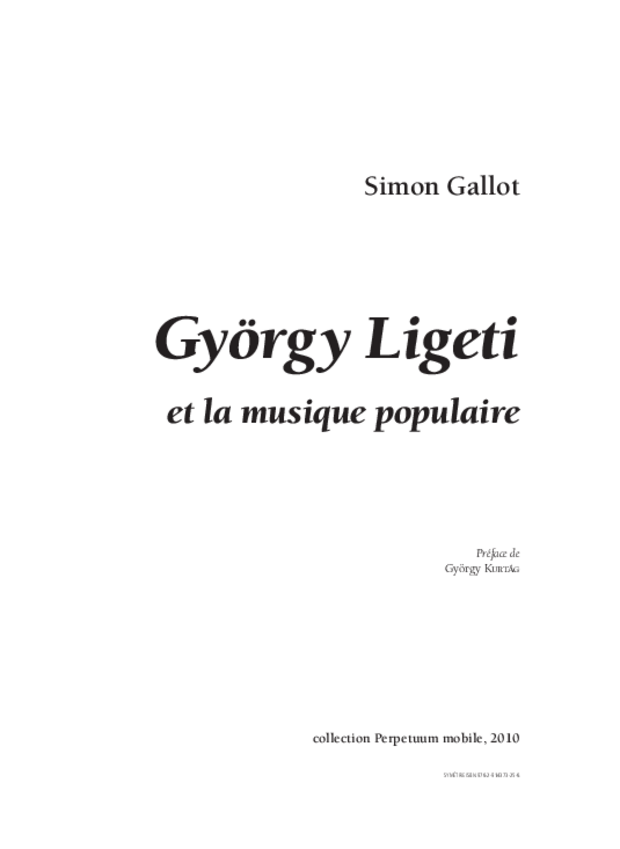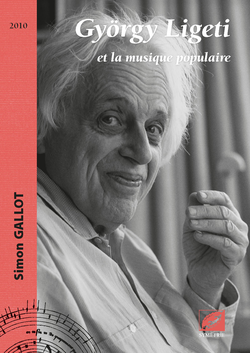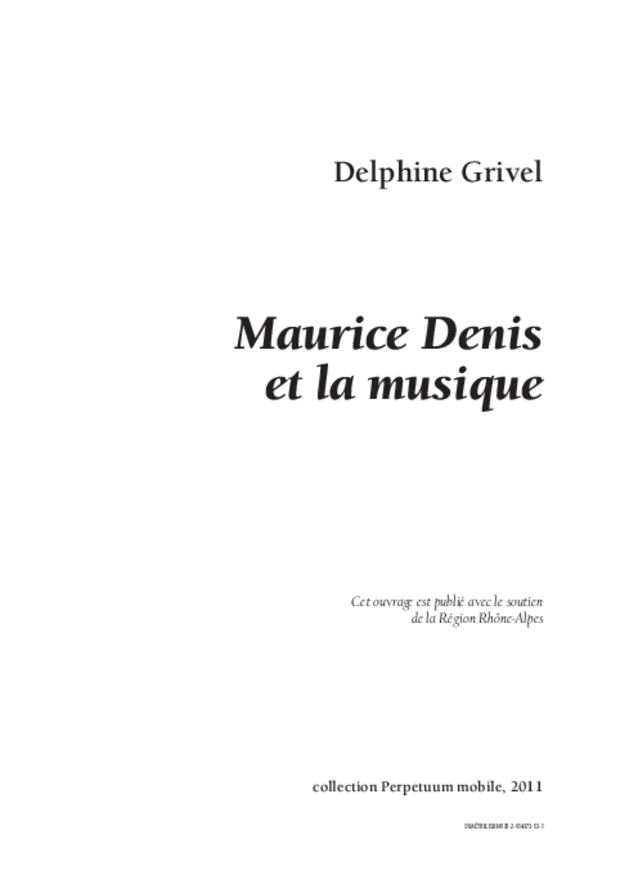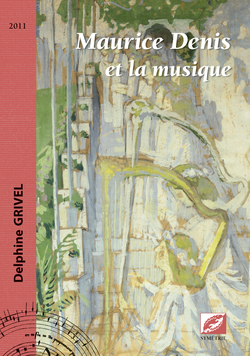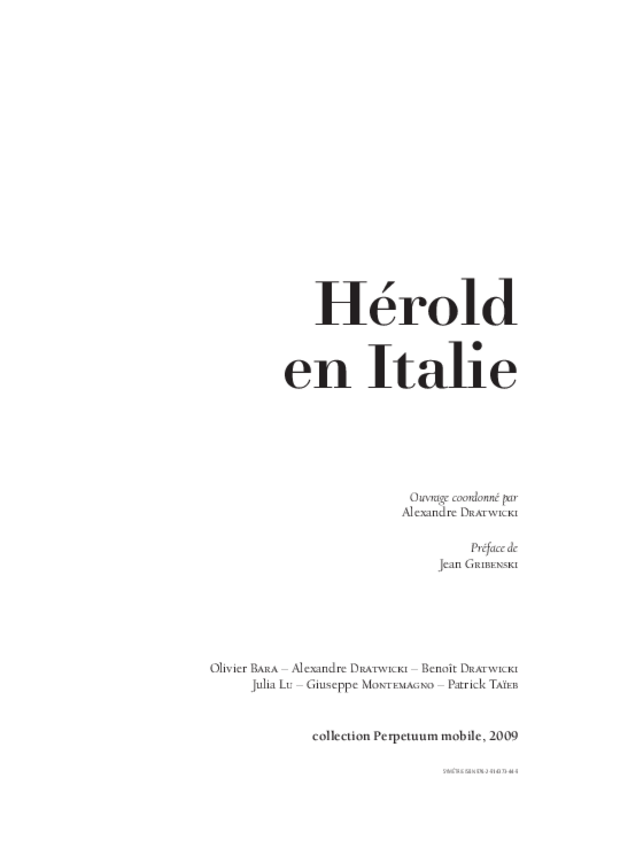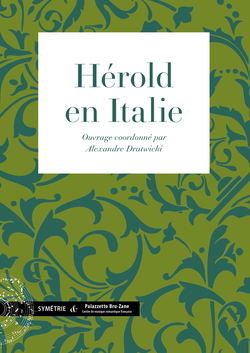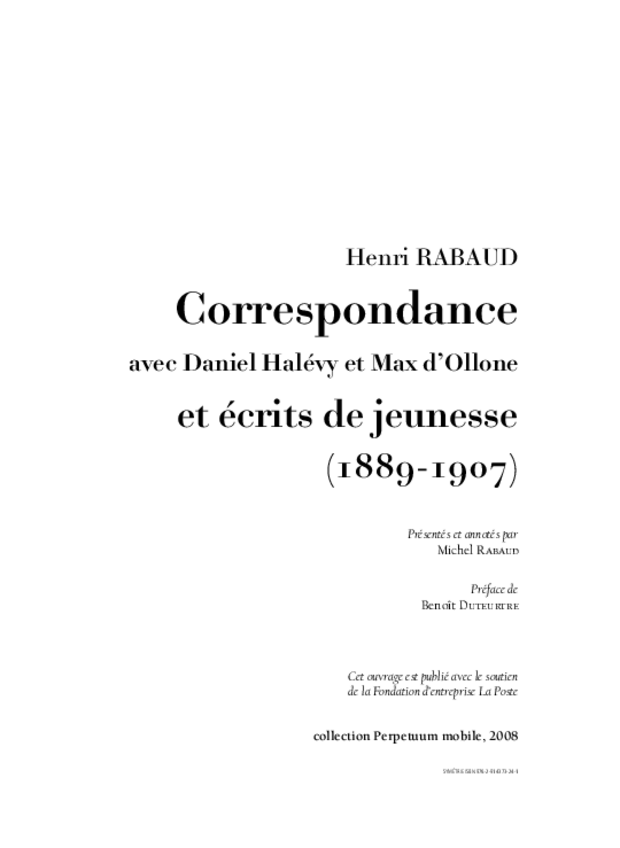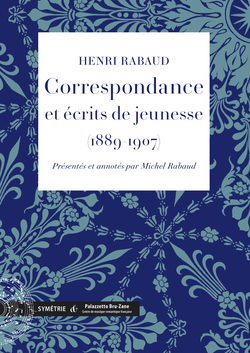For the combatants of the Great War, trained in the tradition of military music, the ear was sometimes the organ that taught them, unwillingly, the technical novelty of the conflict; it also enabled them to maintain, in the form of musical activities developed in precarious conditions, a link with their share of humanity. In the rear, the ritual nature of musical practices – starting with the concert – gave discussions on commitment and patriotism a direct political translation, which is also reflected in the reorganisation of musical life and sometimes even the creation of institutions. Finally, the war confronted composers with a real aesthetic and moral alternative, between the cultivation of “pure music” and the production of political music, which some saw as a form of combat. Despite this musicological and historiographical interest, the history of music between 1914 and 1918 remains poorly known, in France as elsewhere. The international team of historians gathered at the end of the 1980s around the Historial de la Grande Guerre attempted to build a new cultural history of the conflict by focusing the analysis on the representations of contemporaries. However, this historical effort, so active in the fields of images and objects, has not been able to avoid a gap, that of musical creation.
For its part, musicology readily makes the First World War the real portal of the 20th century, but, with the exception of certain pioneering works, this general statement is rarely supported by an examination of the musical realities themselves. Focusing on France, without however excluding the case of other nations, it is the multiplicity of manifestations of war in the musical field, and of music in the battlefield, that the present volume aims to help better understand. It includes some of the contributions to two interdisciplinary study days organised by the Historical Approaches to the Contemporary World team of the Centre for Historical Research (É.H.É.S.S./C.N.R.S.), the Music team of the Centre for Research on Art and Language (É. H.É.S.S./C.N.R.S.), the Institute for Research on the Musical Heritage in France (C.N.R.S./Ministry of Culture/B.N.F), the Research Centre of the Historial de la Grande Guerre and the association Musiciens entre guerre et paix.
Press panorama
La Grande Guerre des musiciens s’avère être un livre fondamental pour aborder aujourd’hui les questions musicales relatives à la Première Guerre mondiale. […] Achevons ce compte rendu en rendant hommage aux éditions Symétrie qui – comme à leur habitude – livrent avec ce livre un objet agréable à lire et facile à consulter (grâce notamment aux index d’œuvres et de personnes).
Étienne Jardin, Transposition
Il faut saluer avec reconnaissance cet apport décisif à l’histoire de la musique pendant la Grande Guerre.
André Segond, Publications de l’opéra de Marseille
Si, jusqu’ici, l’histoire de la musique entre 1914 et 1918 restait mal connue, en France comme ailleurs, une équipe internationale d’historiens a réussi, avec ce livre passionnant, une histoire culturelle et musicale du conflit.
Pizzicato
L’intérêt musicologique majeur de cette publication comble un vide avec pertinence et légitimité.
Frédéric Isoletta, Zibeline
Condensant […] une impressionnante somme d’informations, cet ouvrage d’une grande rigueur est riche en enseignements, notamment sur la façon dont le génie créatif de l’homme s’adapte en temps de guerre. […] Il passionne et suscite bien des émotions. Comme d’habitude chez Symétrie, le soin apporté à l’édition est irréprochable.
Sébastien Foucart, ConcertoNet.com
La Grande Guerre des musiciens est un recueil foisonnant […] qui ouvre la porte à bien d’autres opportunités d’approfondissement d’une période mouvementée qui est loin de nous avoir livré tous ses secrets.
Jean Lacroix, La Revue générale
Un ouvrage fondateur, incontournable désormais pour qui veut enseigner la Première Guerre mondiale ou essayer de se la représenter, au même titre que la souffrance des tranchées ou les réjouissances de l’arrière.
Philippe Zwang, Historiens & Géographes
Ce livre […] comporte quinze contributions de haut niveau, claires et bien écrites […]. Toutes sont à lire.
La Lettre du musicien
Ce livre, d’une lecture facile, comble un vide. Il constitue jusqu’à présent la principale contribution à la connaissance du rôle des compositeurs, des revues et des institutions de la sphère musicale au cours de la Grande Guerre. Il enrichit l’écriture de l’histoire de 14-18 et réhabilite le champ musicologique au sein de l’histoire culturelle. Il faut saluer ces initiatives qui abaissent les barrières entre les disciplines sans renoncer à un haut niveau d’analyse.
Stéphane Leteuré, nonfiction.fr
Sommaire
-
Introduction p. 1-4
-
Le bruit de la guerre p. 5-15
-
La meilleure façon de marcher : musiques militaires, violence et mobilisation dans la Première Guerre mondiale p. 17-27
-
La vie quotidienne des pipes and drums pendant la Grande Guerre p. 29-39
-
Instruments de soldats : typologies, fonctions, transmission p. 41-61
-
Annexe p. 63-73
-
L’irruption magnifique : deux grands violons au cœur de la guerre p. 75-84
-
La mort héroïsée d’Albéric Magnard : essai d’approche culturelle p. 85-102
-
Félix Mayol dans la Grande Guerre p. 103-118
-
1914-1918. Rupture et renouveau : l’effort de guerre de Charles Kœchlin p. 119-133
-
Composer pendant la guerre, composer avec la guerre p. 135-159
-
Nadia Boulanger et le Comité franco-américain du Conservatoire (1915-1919) p. 161-173
-
De l’Union sacrée au Journal des débats : une lecture de la Gazette des classes du Conservatoire (1914-1918) p. 175-190
-
Écoles de musique en guerre (1914-1925) p. 191-202
-
« Le devoir est partout » – reflets de la guerre dans la fondation de la Société française de musicologie en 1917 p. 203-214
Sara Iglesias
-
« À gauche et à droite du Rhin » : perspectives sur l’action de Joseph-Guy Ropartz à Strasbourg (1919-1929) p. 215-229
-
Liste des contributeurs p. 231-234
-
Index des œuvres p. 235-238
-
Index des personnes p. 239-246
